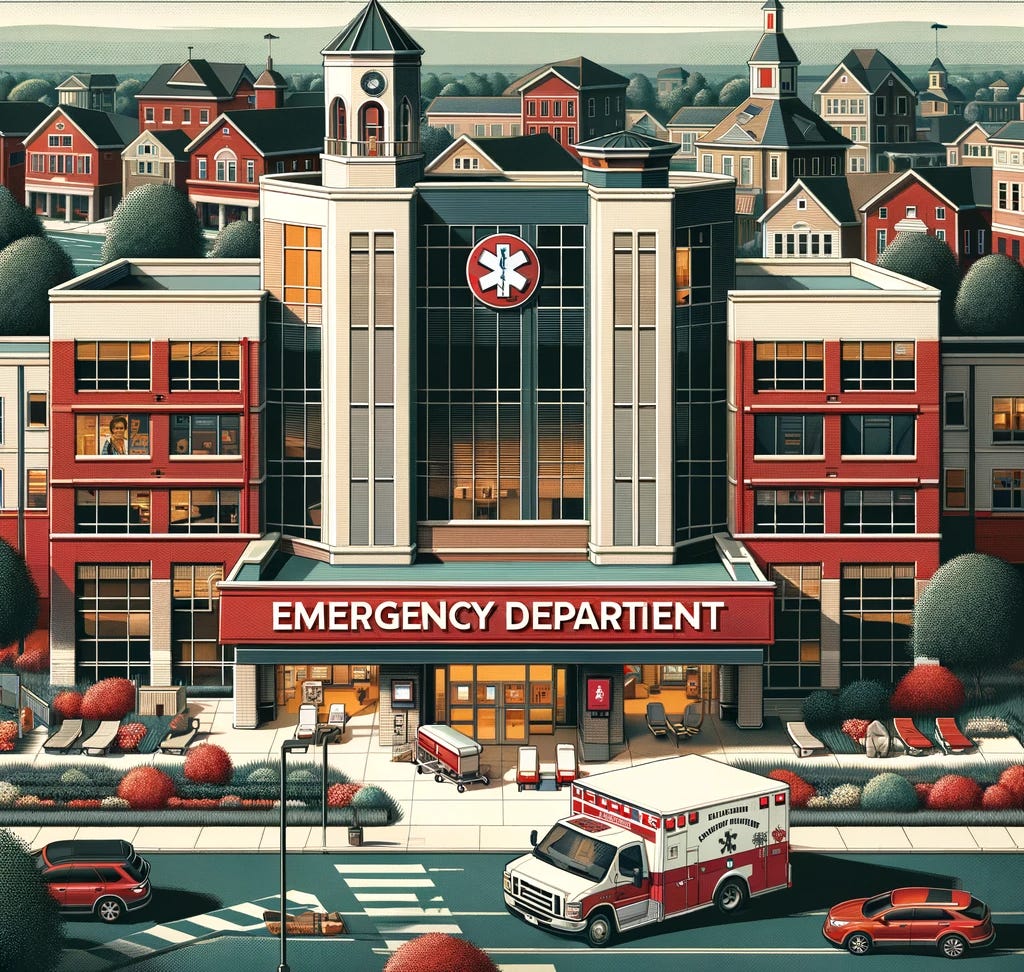😮 No Surprises Act means groups now have to compete on quality
Plus: urgent cares don't save money, nurse bargaining, the future of telehealth, and why you should stop doing PR
Like all good legislation crafted under intense duress from lobbying groups, the No Surprises Act is a mishmash of compromises amongst competing interests, leaving all sides both mildly miffed and with more lobbying yet to do.
For a good review of what the law does, I recommend the Brookings Institution summary published in February 2021. There is much CMS rulemaking still to go, but the bottom line is that the final rule, while still reasonably friendly to emergency medicine groups, actually removes (or fundamentally alters) much of the leverage these groups previously had to extract higher reimbursement from insurers.
The No Surprises Act removes the fundamental justification for group consolidation
I wrote in one of my very first posts that to understand American healthcare pricing you have to look at the relative negotiating power of all parties involved: physicians, hospitals, and insurers. The bigger the size, the greater dominance over a particular market, the more power you bring to the negotiating table.
Thus, if you were an emergency medicine group at any time over the last decade, the fundamental motivation to consolidate was to increase your leverage in payor contracting. What was that leverage? The ability to walk away if insurers didn’t give you the rates you want. In other words: the ability to send the patient a bill for the higher amount. A surprise bill.
Physician groups could do this because patients could usually be relied upon to blame the insurance companies for the dispute. Why are you not covering my care? they would say (Poor insurance companies: they really have to work to convince folks they have patients’ best interests at heart 🤷).
But the No Surprises Act means emergency medicine groups can no longer wield surprise bills to patients as a negotiating tool. Their primary reason for all that consolidation has been rendered moot! No longer will there be little public furors and negative press coverage about an insurer’s refusal to cover care, because there is now a regulatory framework that forces the two sides to come to terms.




